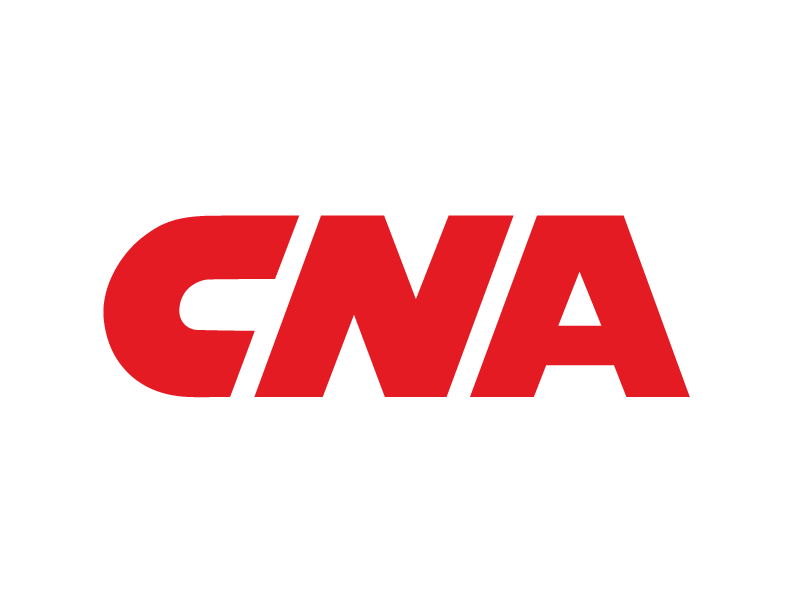Connecting Military Veterans with Risk Control Opportunities
Creative problem solving. Effective communication. Teamwork. At CNA, we recognize that the wide-ranging talents veterans utilize during their military careers are also highly valuable in the insurance industry.
That’s why our Risk Control team and Veterans Employee Resource Group have joined forces to hire service members as part of CNA’s Risk Control Associate Program. This initiative helps veterans leverage their service accomplishments through mentorship and collaboration as they transition to a career in insurance.
When it comes to risk control, military professionals are uniquely suited to perform risk assessments and implement mitigation strategies. From their strong work ethic and technical expertise to their leadership and confidence, their skills enable them to excel in their new role: providing sustainable risk control solutions that help companies manage operational risk and improve efficiency.
“Through this hiring process, I’ve been able to engage with many veterans, and I always walk away thoroughly impressed,” says Risk Control Director Scott Merkley. “The level of enthusiasm and hard work is very evident through their work history.”
Veteran and civilian CNA mentors are paired with Risk Control Program associates to help them with the onboarding process and provide guidance and training.
“We’ve set up a comprehensive onboarding experience that includes classroom and virtual-based training paired with field work,” says Merkley. “The idea is to create an internal network that each associate can immediately lean on for any questions they might have. All of this is intended to set the associate up for success as they start their new career.”
For military professionals, the transition to insurance might seem like a natural move.
“The military has vastly affected the way I work in regards to leadership, punctuality and creating a healthy work dynamic,” says CNA employee Sarah Smith. “As a 20-year vet, you learn what really helps workplace morale, operability and overall culture.”
Although Smith began her civilian career in construction, she soon turned her attention to the insurance industry.
“Insurance piqued my interest as I grew my civilian career in the construction safety realm,” she said. “It made me ask the ‘why’ aspect of certain safety procedures and protocols.”
For vets transitioning to a civilian career, Smith advises not downplaying their strengths.
“I would encourage vets to not be humble when it comes to the qualifications they bring to the table. A lot of times, it becomes normal for us to minimally quantify the skills and knowledge we have acquired. Know your worth, and highlight your skills.”
CNA’s Risk Control professionals offer tailored risk control services, tools and resources, with specialization across a variety of industries and products. Our systematic, sustainable risk control solutions are designed to help companies mitigate risk, increase productivity and protect their bottom line.?
To explore CNA employment opportunities in Risk Control and beyond, visit cna.com/careers.
One or more of the CNA companies provide the products and/or services described. The information is intended to present a general overview for illustrative purposes only. Read CNA’s General Disclaimer.
